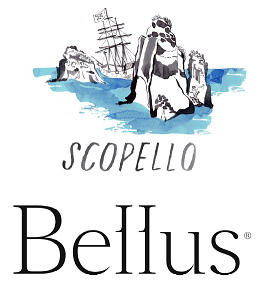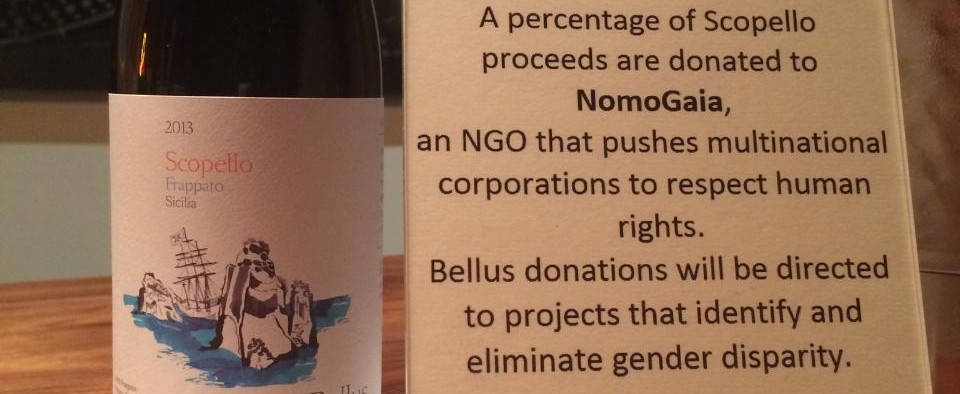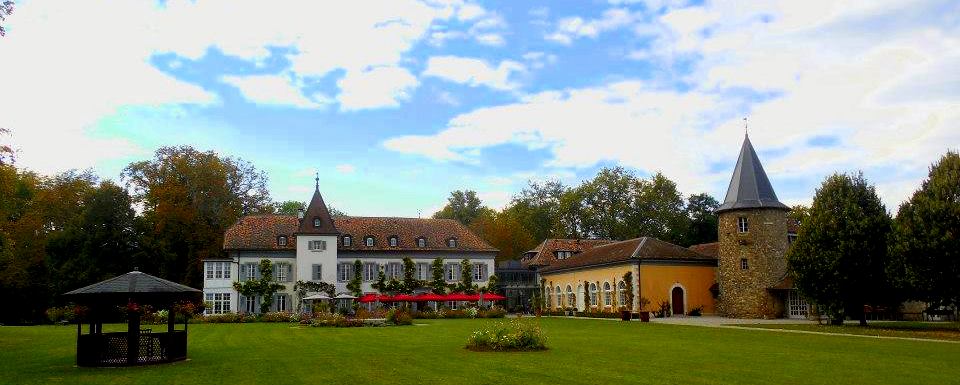Mohamed Yusuf is 60 years old and raised seven sons and a daughter on his teaching salary in Saudi Arabia. He returned to Amman 15 years ago and hasn’t had a steady supply of water in his household since the day he got back. Starting this summer, though, the three days of supply he receives carries his family through the whole week and leaves enough for washing the car. Now he sells juicy produce to cover household expenses.
It’s hard to see the downside in this new improvement in access, and most Jordanians above a certain income level have nothing but positive things to say.
Currently the world’s second water-poorest country, Jordan has rationed domestic water for 30 years. At the same time, it dumps between 60 and 90% of its water resources onto citrus, banana and other water-guzzling crops designated mostly for export in Europe. Revenues support 3% of Jordan’s GDP and an undeniably luxurious lifestyle for the handful of wealthy producers.
Rather than a reallocation of water from farms to residents, the solution to Jordan’s drinking water crisis has taken the form of tapping a great, unsullied ancient aquifer near the Saudi border – one that Alexander the Great named on his list of conquests 2300 years ago.
The Disi Aquifer was supposed to supply water for 35 years while the world figured out how to make desalination cheap.
The trouble was, Disi wasn’t full of the promised 10 billion cubic meters of water – it had closer to 2.2, enough to last Amman 16 years at best. Also, it wasn’t as pristine as proposed – it’s heavily laced with radionuclides, making it carcinogenic for those who drink it.
The pipeline from Disi to Amman has gone forward all the same, funded by US and European development banks. Last summer the water started flowing to households in Amman.
Evaluating whether the Disi pipeline is positively impacting the right to water is complicated. Jordanians were previously receiving inadequate quantities of water, making additional resources essential. But now the Disi water is flowing at unsustainable rates through fractured pipelines where up to half the water is lost into the soil and down secret siphons attached to the swimming pools and gardens of the wealthy and powerful. And it may be poisoning those who drink it.
Water remains cheap here — cheaper even than the US. Denverites pay $0.75 per cubic meter of water — Jordanians pay half that. Among the upper and middle class, this has not promoted efficiency. People wash cars weekly, sweep patios with a running hose and plant citrus trees in their gardens. The median on my street here in Amman is a block-long water fountain.
Asked whether they believe the Disi water will last for many years, people say, “God will supply us with the water we need.” It might be more efficient to get it from the farmers, though.






